The dinner party is back and better than ever: 5 new trends for hosts who break the rules
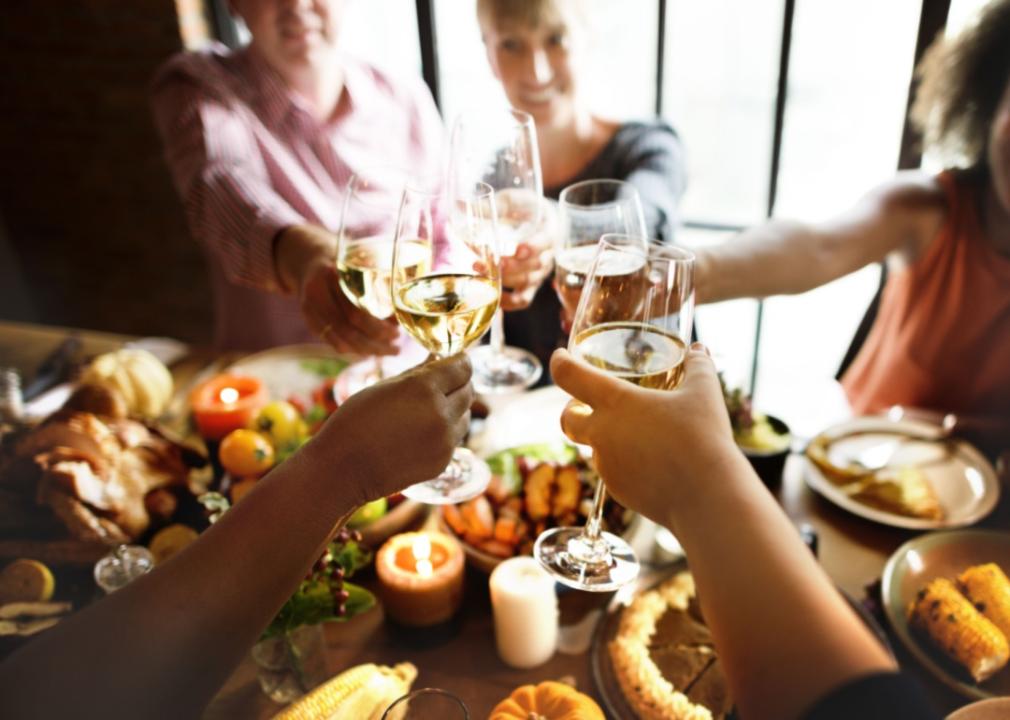
Rawpixel.com // Shutterstock
The dinner party is back and better than ever: 5 new trends for hosts who break the rules
We're hard-wired to connect over food. In ancient Greece, revelers gathered at "symposiums" to eat, drink, and philosophize or recite poetry. The Romans also often feasted together, and the rules and rituals they developed in antiquity set the precedent for the modern-day dinner party.
From grandiose Victorian affairs with multiple courses and lush decorations that flaunt one's social status to the "hostess with the mostest" trend in 1950s America, dinner parties often come with strict rules guiding behavior and etiquette.
"The seated dinner, with its minuet of invitation and acceptance, its formalities and protocols, its culinary and dietary challenges, its inherent requirements of guest and host alike is under threat, many say," New York Times writer Guy Trebay wrote in 2012.
He was right, to some degree. Millennials and Gen Zers are less likely to host extravagant dinners or abide by stifling social expectations, but the dinner party isn't dead. It just evolved again. Peerspace identified five new trends for private dinner parties outside the home.
During the COVID-19 pandemic, many people turned to intimate, often informal, dinners that yielded quality conversation and bonding in a time of isolation. Even after social distancing restrictions were lifted, the craving for a sense of connection remained. Today's hosts are focused on intentionality and closeness, and that sets the tone.
So go ahead. Throw away the dinner party rulebook filled with "shoulds" and "musts." Dinner parties are more creative and fun than ever before. Now, rather than just working with what hosts have at home, they also are looking further afield, even into private venues that allow them to experiment and accommodate ambitious ideas. Read on to get inspiration for your next get-together.
![]()
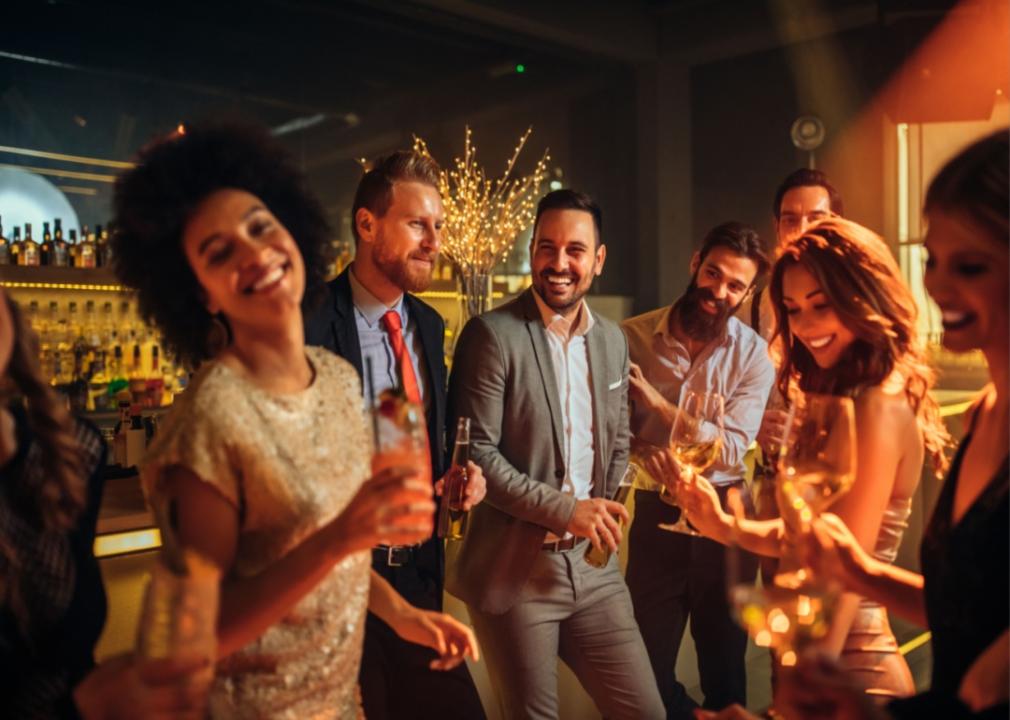
bbernard // Shutterstock
Supper clubs
Supper clubs have been around since the 1930s, when Milwaukee native Lawrence Frank opened the first in Beverly Hills, California. These establishments combine attributes of restaurants and social clubs, often offering food, drinks, and live music with an air of exclusivity.
To many—especially in the Midwest—the term "supper club" is still associated with restaurants, but lately, a resurgence from Los Angeles to Minnesota is decidedly more modern. Part dinner party and part restaurant, these private affairs can take place at the chef's home, a restaurant closed for the evening, or any other private venue. Chefs can test out new culinary ideas and interact directly with guests. Bonus: Because of the low overhead costs, supper club prices are usually surprisingly low.
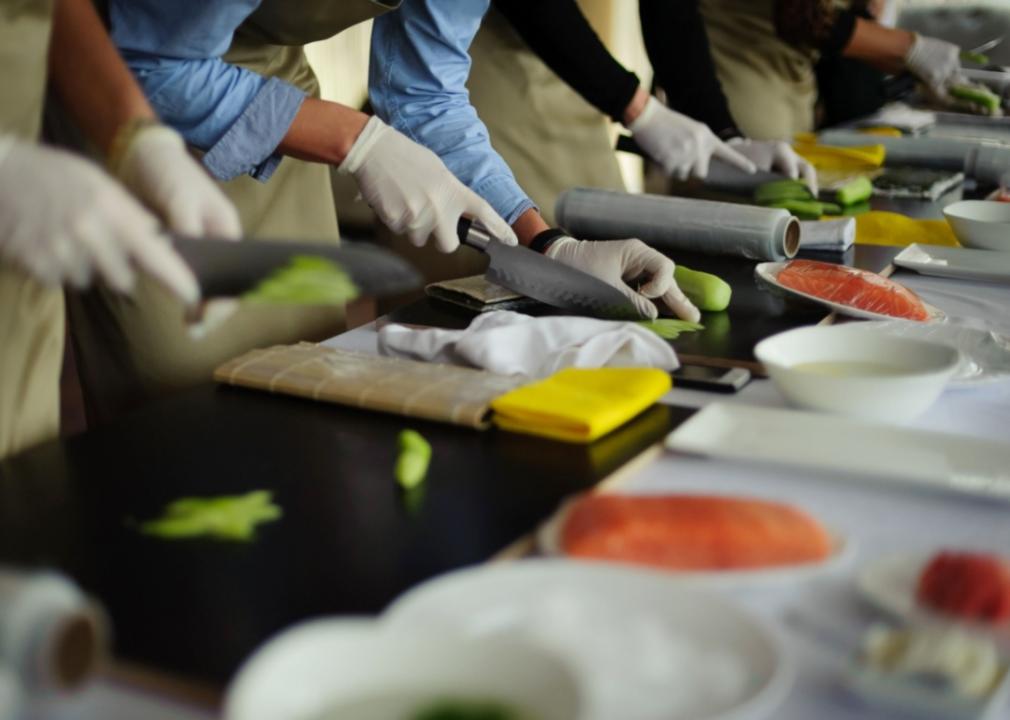
g_dasha // Shutterstock
Sushi-making party
Traditionally, dinner party guests enjoy the fruits of someone else's labor, but what about getting them in on the cooking action? Sushi-making classes are fun ways to bond with friends, family, or co-workers while learning something new (and eating the final product).
The famous Japanese hibachi chain Benihana offers a Sushi & Sake 101 class at locations around the country. The class includes practice rolling sushi and a sake cocktail to go with it.
There are also companies dedicated to sushi making, and local chefs offering classes from their own kitchens. You can also host your own event if you're familiar with the art of sushi rolling. You just need sushi rice and a selection of fillings, and you can complement it with Japanese snacks, desserts, and drinks to round out the party. Let your guests exercise their creativity.
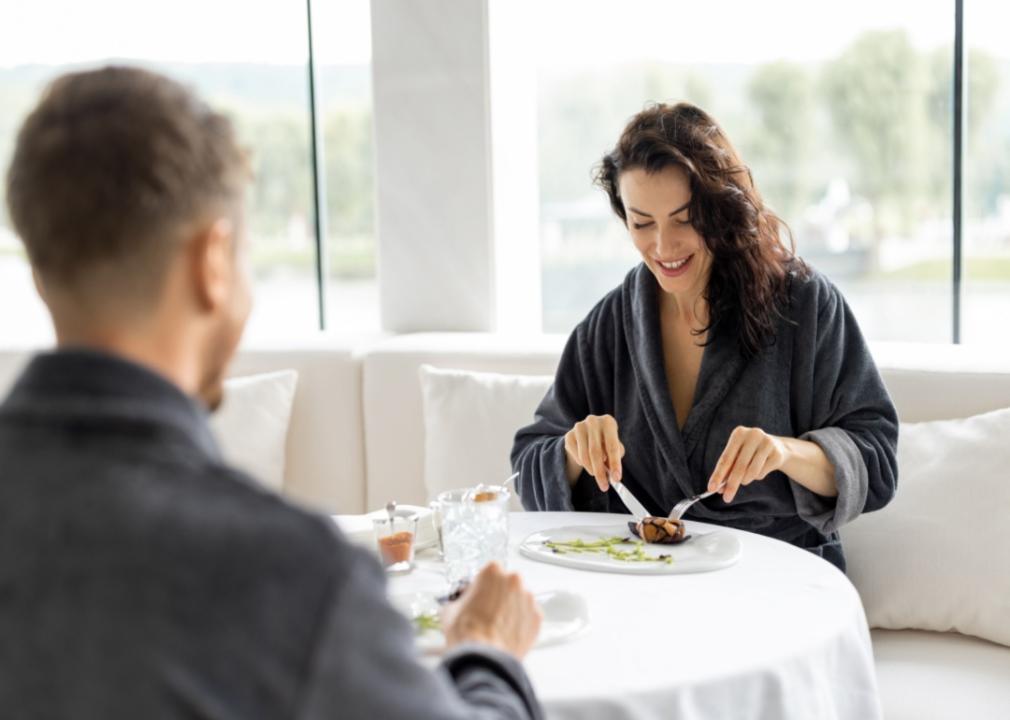
RossHelen // Shutterstock
Spa dinner
If you're planning an intimate evening with friends and have the necessary budget, a spa dinner is the ultimate indulgence. Many different types of spas house a restaurant, with varying degrees of luxury. Establishments like the Korean King Spa in Virginia provide a relaxing combination of dining and spa treatments, but offer food options that won't break the bank. Many other Korean bathhouses also give a similar, all-under-the-same-roof experience for a whole day of restful decompression.
If you're looking for a more elevated experience, resorts like The Allison Inn & Spa in Oregon offer lavish spa treatments, fine dining, and magnificent hotel rooms on the same property. You can scale this type of event up or down depending on accessibility and interest from your party.
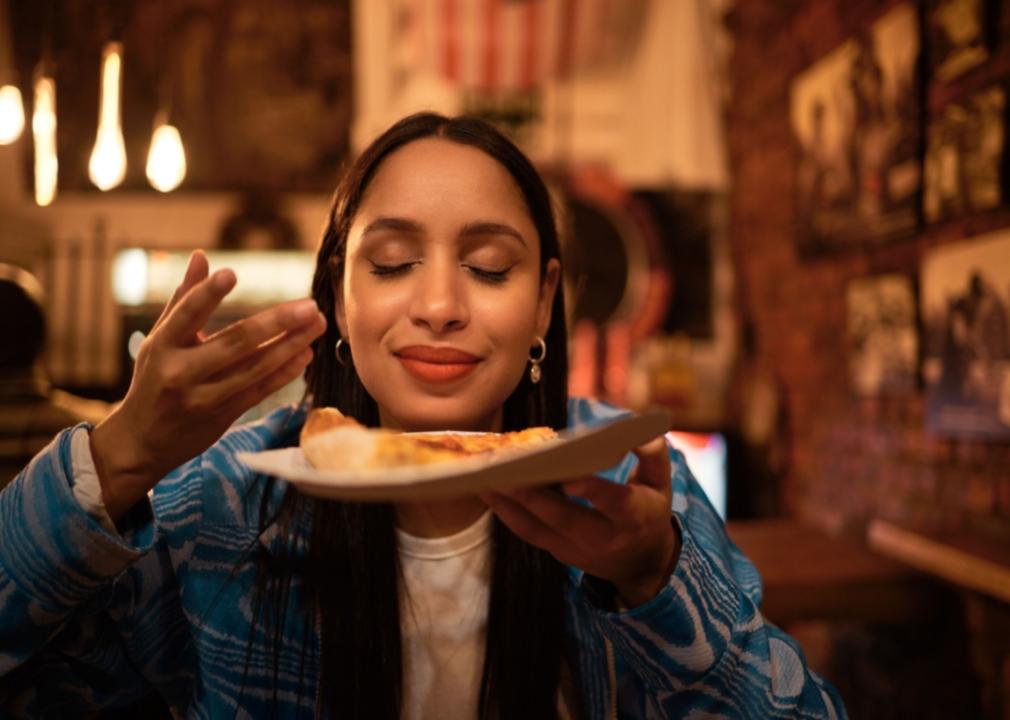
PeopleImages.com - Yuri A // Shutterstock
Dining in the dark
Dark dining originated in 1999 in Switzerland, when Jorge Spielmann opened Blindekuh (Blind Cow) in Zurich after successfully hosting blindfolded dinner parties. The concept made its way to the United States in 2006, when the country's first dark restaurant, Los Angeles' Opaque, opened its doors. The trend quickly made its way to other major cities and is still considered a dining experience unlike any other. For sighted people, dining in the dark can heighten their other senses, creating an immersive culinary adventure.
Dining in the Dark is often treated as an event, with ticketed experiences in various cities worldwide. To enhance the mystique, guests are blindfolded and treated to three-course meals consisting of surprise dishes. If you're feeling ambitious, you could host your own dine-in-the-dark experience. Just make sure you're ready for some extra cleanup.
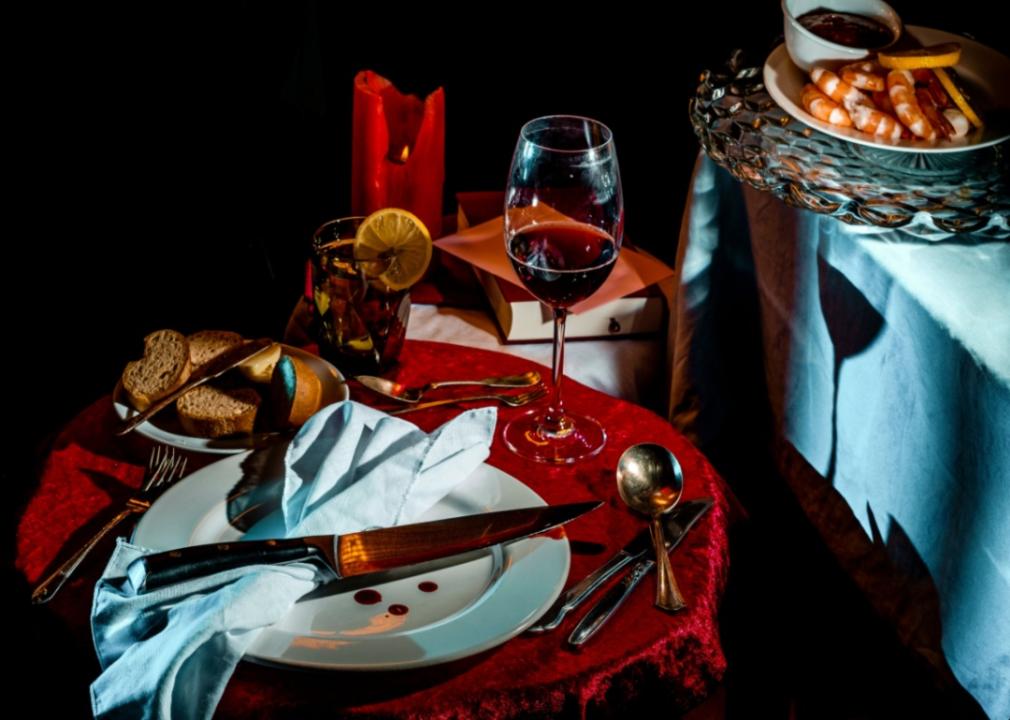
Ezume Images // Shutterstock
Murder mystery dinner party
Indulge your inner Sherlock Holmes with a murder mystery dinner party. If you're the creative and crafty type, you can DIY and create characters and backstories to assign to each of your guests as they try to solve the mystery throughout the night. Or simply buy themed kits that do the work for you.
There are also restaurants throughout the country that specialize in these types of events. Some productions host murder mystery dinner shows, and professionals can help you set it up, such as New York City-based company Even If It Kills Me. Who doesn't like a good whodunit?
Story editing by Carren Jao. Additional editing by Kelly Glass and Alizah Salaraio. Copy editing by Kristen Wegrzyn. Photo selection by Lacy Kerrick.
This story originally appeared on Peerspace and was produced and distributed in partnership with Stacker Studio.
